Ms SQL Vs MongoDB – Which is the right technology for you
1 August 2022 | Noor Khan
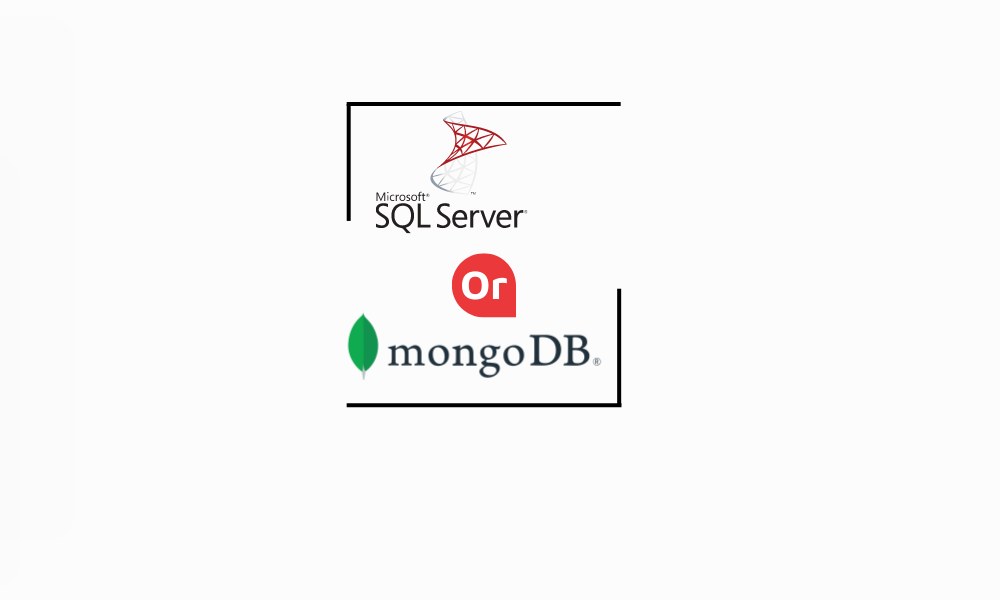
Any application or software will most likely require a DBMS (Database Management System) to store the data that is constantly being generated. Depending on your end goal and unique requirements you will need to select the type of database that you will use and the most suitable technologies that offer those databases.
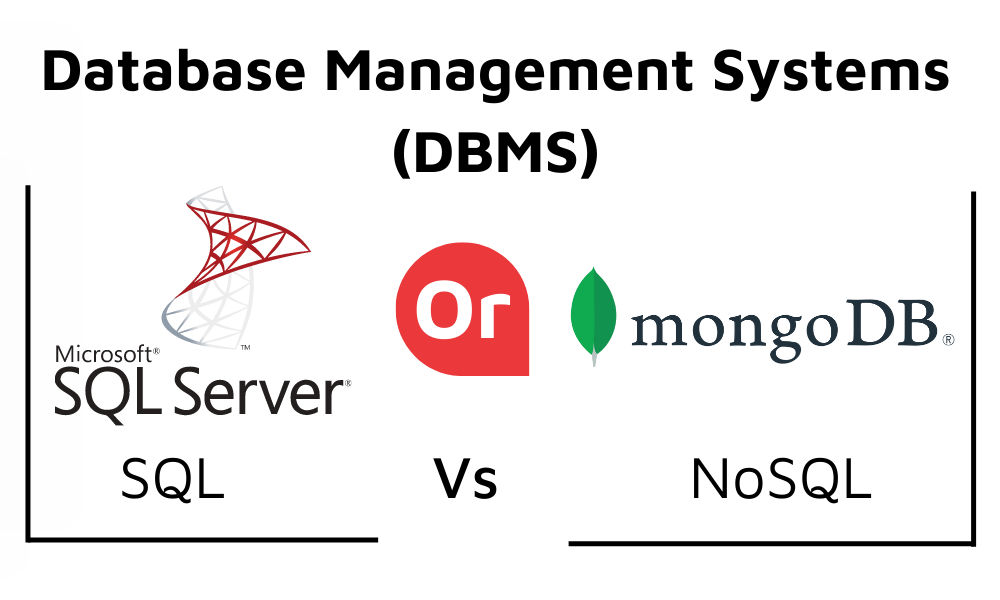
There are two main types of databases, there is a relational database and one of the most common technologies for this type of database is Ms SQL, whereas one of the leading technologies for the non-relational database is MongoDB. In this article, we will explore what exactly these types of leading technologies are, the benefits and limitations of each and how they differ.
Database Management System (DBMS) market
The global DBMS market generated over $63.1 billion in 2020 according to Expert Market Research. Relational DBMS take up the majority of the share, with NoSQL only taking up a small share. However, this may change with the increasing adoption of NoSQL DBMS.
What is Ms SQL?
Ms SQL server is a relational database system offered by Microsoft built on SQL, the programming language that is the standard for managing databases. It is one of the leading DBMS platforms with an 11.9% market share as highlighted by Datanyze. Ms SQL supports business intelligence and reporting, and a variety of transaction processing and analytics applications.
The relational database engine stores data in tables, columns and rows, integration services, reporting services and analysis services and can be used for data engineering solutions that are on-premise, in the cloud or in the hybrid environment.
Key benefits of Ms SQL
- Robust security – One of the major benefits of a Ms SQL server is the robust security in place to protect your data. Microsoft continuously invests in updates to ensure further security.
- Data recovery and support – Microsoft have implemented robust data recovery and support should any issues arise
- Choice of editions – Ms SQL comes in many editions including Enterprise, Standard, Developer and Express.
- Additional tools – Ms SQL comes with additional tools which can be incredibly beneficial including SQL Server Management Studio, Azure Data Studio, SQL Server Data Tools and SQL Server Profiler.
Limitations of Ms SQL
- High licensing fees – One of the biggest drawbacks is the high licensing fees of MS SQL, especially compared to similar technologies in the market.
- Complicated licensing model – There are a wide range of licensing models which are continuously changing and can be complicated to understand.
- Server limitations – Ms SQL is only designed to run on windows-based servers, whereas other competitors do not have these limitations.
What is MongoDB?
Mongo DB is an open-source, cross-platform non-relational DBMS which is created to handle a large volume of varied data. It is becoming increasingly popular due to the masses of unstructured big data organisations are having to make sense of. It is readily available due to it being an open-source technology.
MongoDB is a smaller share of the market in comparison to Ms SQL, however, the DBMS has secured just over 5% of the market share as listed on Datanyze.
Key benefits of MongoDB
High performance – MongoDB is a powerful technology that provides high performance when dealing with huge volumes of data.
Scalability – One of the key defining factors is scalability as Mongo DB uses the process of Sharding to deal with increasing data loads, enabling the division and distribution of a large set of data.
Dynamic data schema – One of the major key benefits is that MongoDB effectively store unstructured data and it does not enforce a document structure which can reduce flexibility.
Choice of server operation systems – MongoDB can run on a number of server operating systems such as Solaris, Linux, OSX and Windows.
Limitations of MongoDB
Data security – As it is an open-source technology, data may be more vulnerable than leading technologies such as Ms SQL.
Storage requirements – MongoDB required a large amount of storage due to the duplication of data from the lack of joins functionalities.
Data size – There is a limitation of only 16MB per document/
Ms SQL Vs MongoDB - Table of comparison
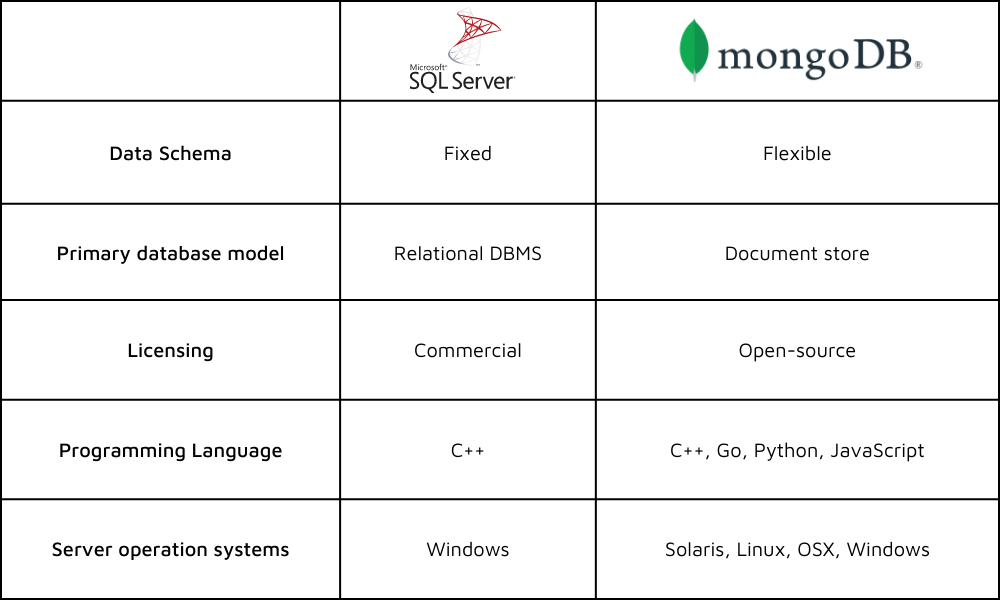
Ardent Database monitoring, support and management service
At Ardent, we have worked with a variety of technologies including both Ms SQL and MongoDB to deliver our data engineering services to our clients. Each technology offers a plethora of benefits as highlighted which make it uniquely relevant to each client and their requirements. We provide data monitoring, maintenance, optimisation and administration services with around-the-clock, all-year-round support.
Our services provide our clients with peace of mind with SLAs (Service Level Agreements). Therefore, if you are looking for experienced data engineers to help you manage your data effectively with either your choice of technology or based on recommendations, then get in touch to find out how we can help.
More on our technology partners and data management services.
Ardent Insights
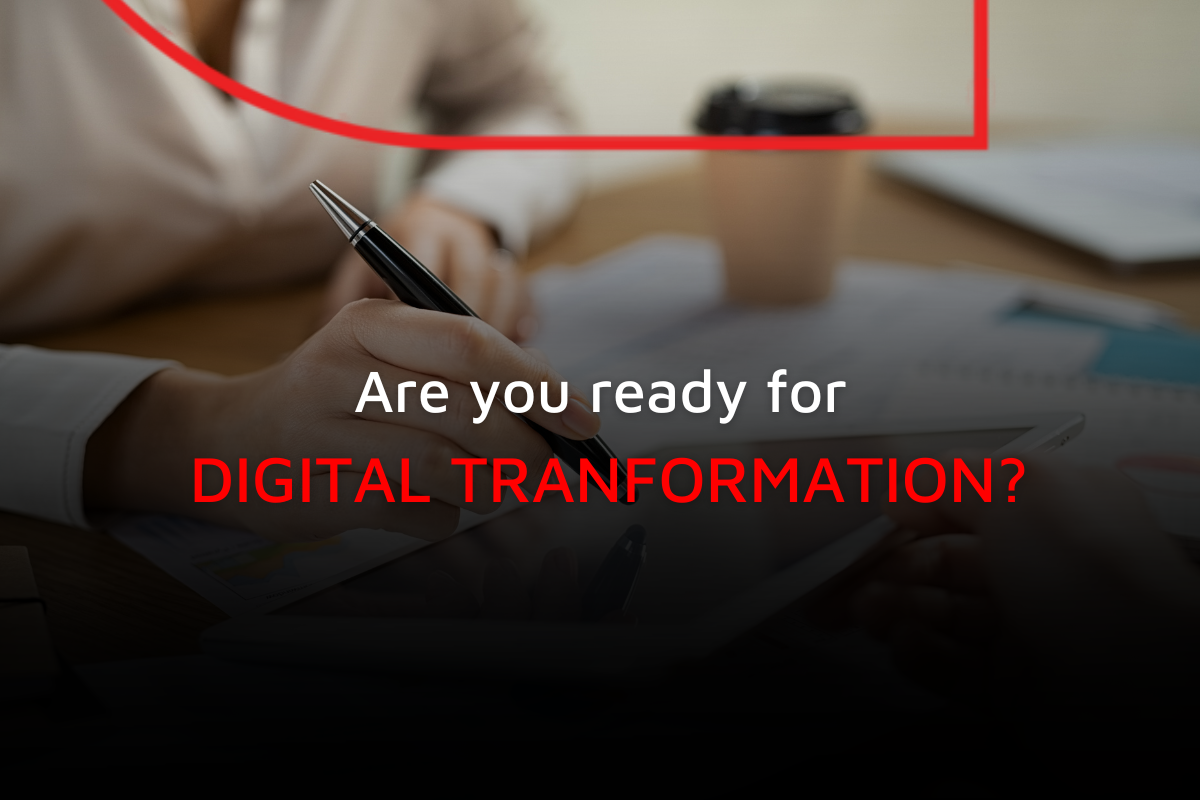
Are you ready to take the lead in driving digital transformation?
Digital transformation is the process of modernizing and digitating business processes with technology that can offer a plethora of benefits including reducing long-term costs, improving productivity and streamlining processes. Despite the benefits, research by McKinsey & Company has found that around 70% of digital transformation projects fail, largely down to employee resistance. If you are [...]
Read More... from Ms SQL Vs MongoDB – Which is the right technology for you
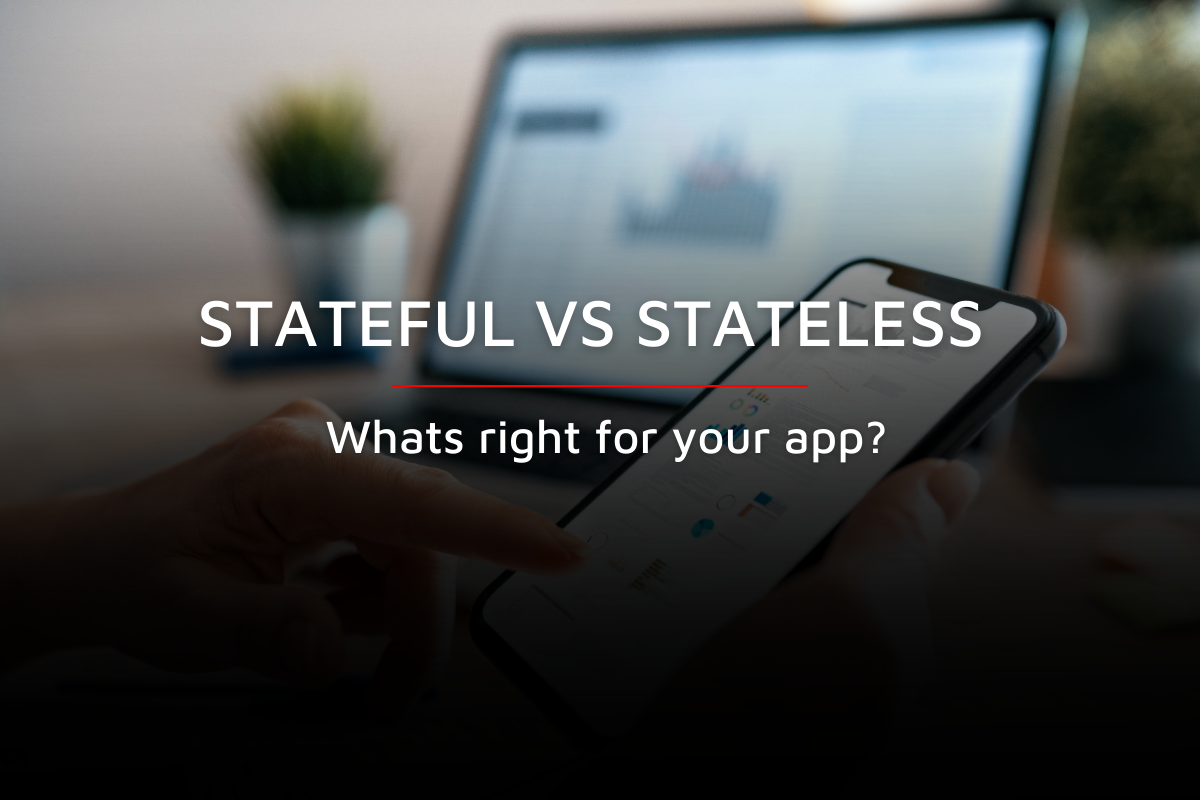
Stateful VS Stateless – What’s right for your application?
Protocols and guidelines are at the heart of data engineering and application development, and the data which is sent using network protocols is broadly divided into stateful vs stateless structures – these rules govern how the data has been formatted, how it sent, and how it is received by other devices (such as endpoints, routers, [...]
Read More... from Ms SQL Vs MongoDB – Which is the right technology for you
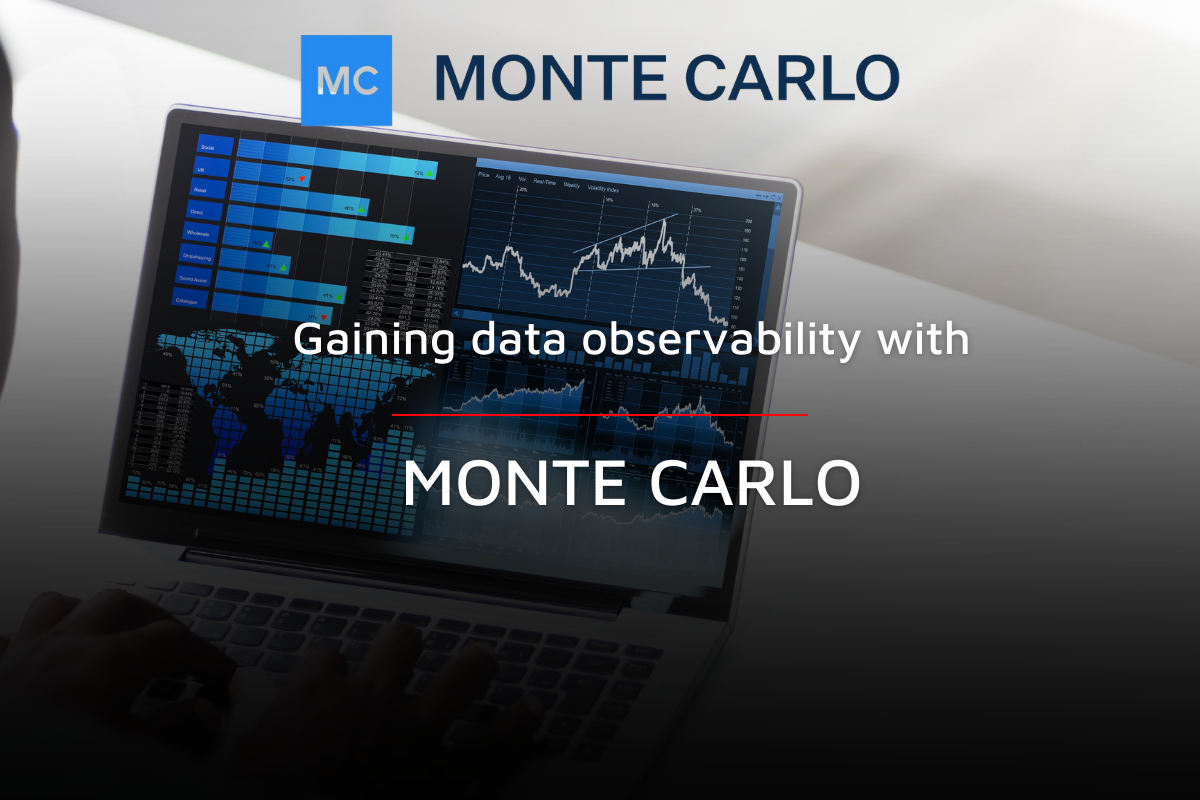
Getting data observability done right – Is Monte Carlo the tool for you?
Data observability is all about the ability to understand, diagnose, and manage the health of your data across multiple tools and throughout the entire lifecycle of the data. Ensuring that you have the right operational monitoring and support to provide 24/7 peace of mind is critical to building and growing your company. [...]
Read More... from Ms SQL Vs MongoDB – Which is the right technology for you






